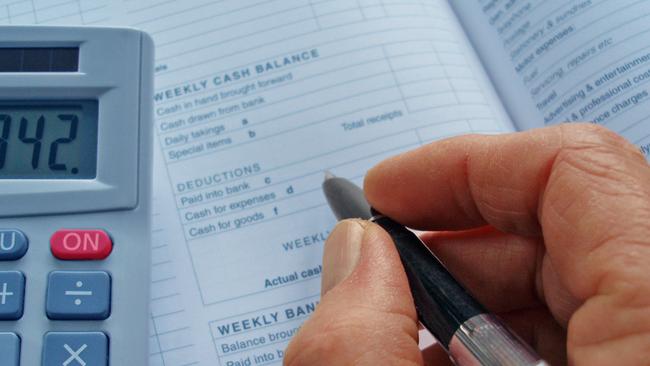
While the immediate small business COVID-19 rescue operation is concentrated on JobKeeper, it is only a temporary crutch.
The government’s most important long-term business prosperity legislation is set to go before the Senate next month – the bill to speed up large enterprise payments to suppliers and contractors.
Most large enterprises recognise that this is vital for national prosperity and employment, but a number are proposing technical changes to delay implementing the measures and make them more cumbersome. Both the government and opposition politicians have a unique opportunity to use the legislation to help accelerate the nation and its employment out of the COVID-19 crisis.
The government‘s plan is in two parts. The first is to show the nation who takes longer than 20 days from receipt of an invoice to pay, and virtually shame them into doing the right thing by the nation.
The second is the Prime Minister’s solemn promise to Australia prior to the election that only those who pay their bills to small business within 20 days (not 30) would be allowed to participate in government contracts.
The disclosure plan, which is part of a current bill, requires some 3000 companies that have a turnover of more than $100 million to register their policy for paying small business and then every six months disclose how quickly they made those payments.
The government will set up a body to determine whether or not an enterprise is small, using the basic criteria of a $10 million turnover cap. Large enterprises in contracting with a business merely need to ask the body whether or not their supplier or contractor is a small enterprise. No large corporate decision-making is required.
If the legislation is to achieve its aim it is vital that the meter for the time taken to pay must start immediately the invoice is received by the large enterprise, unless there is a genuine dispute.
Many large enterprises mask slow paying by taking an age to approve invoices, even though there is no major objection.
The methods used to classify the small business are irrelevant to the purpose of the legislation.
In an ideal world the definition should be much broader than is currently proposed because the more enterprises that are paid quickly the greater the benefit to the nation.
It’s really important that reports be made every six months, or the information becomes dated.
Any large corporation that operates in the modern world needs systems that can comply, and there have been years of warnings.
Accordingly the start of the legislation on January l, 2021 must not be postponed. particularly given the urgency of taking action in the COVID-19 recovery.
There are a series of penalties for those that don’t comply or make false statements. Overall I think they are too light and there is an 18-month gap before the penalties apply. Again that is much too long but given this is a new task for government perhaps it’s better to give the companies longer before penalties are imposed.
It is really going to be up to the journalistic community to disclose badly behaving enterprises and their directors.
But the big tangible penalty for corporations and their directors is not so much being classified bad payers, but being banned from government contracts.
In the election campaign Scott Morrison made this solemn promise to the nation of Australia: “We will deliver a new government procurement connected policy which will require those large businesses seeking to tender to have satisfactory payment times in line with the government’s pay on time policy of 20 days. So if you want to do government work, you’ve got to pay your suppliers and you’ve got to pay your contractors on time within 20 days.”
The statement could not be clearer. No “ifs” or “buts”.
Small business and employment minister Michaelia Cash has the task of not only making sure the legislation matches the Morrison vision but that his procurement vow is delivered.
She will take inspiration from these words that the Prime Minister delivered without any inkling that COVID-19 was ahead of us: “Cash flow always starts with getting paid. If the invoices you issue are not being paid, that hurts your business, that makes it harder for your business. Businesses, small businesses, should never be treated as a bank by governments or large businesses. We should all pay on time.”
And at the moment paying on time is 20 days from receipt of invoice. One day it will be even shorter.



